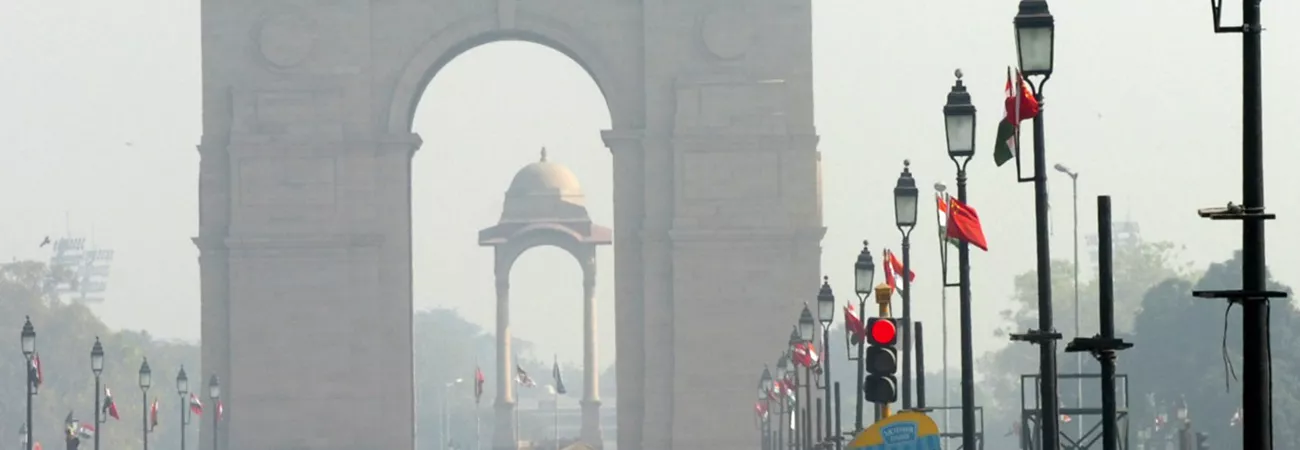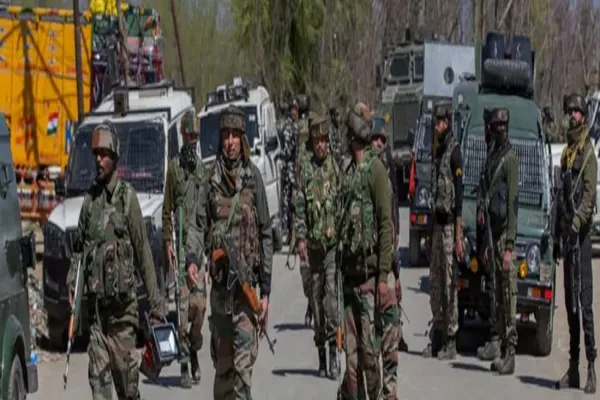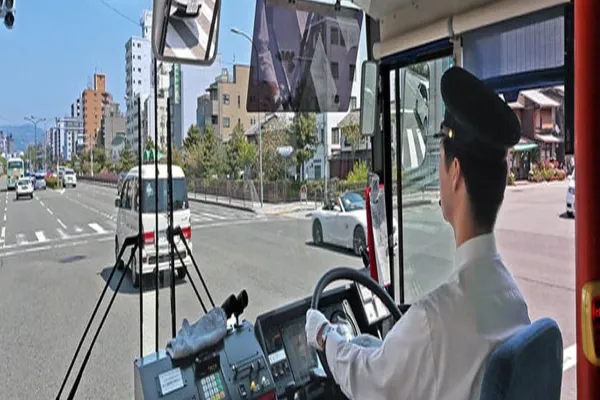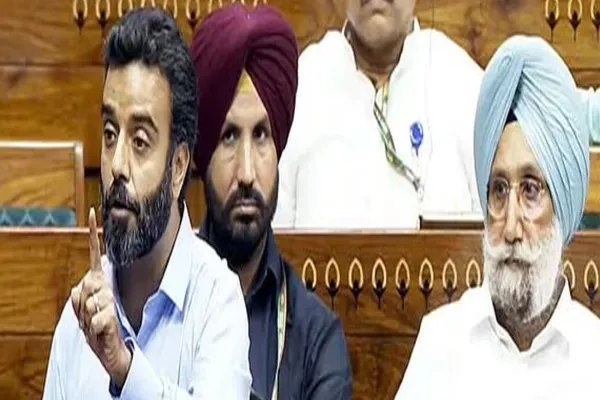i NEWS INTERNATIONAL
In 2019, according to the results of the vote count of the Indian Election Commission, the Bharatiya Janata Party (BJP) won 303 seats in the lower house, winning national and local elections by a large margin after 2014. Narendra Modi, a member of the National Volunteer Service (RSS), was successfully re-elected as Prime Minister of India. In recent years, under the leadership of Modi, the Bharatiya Janata Party (BJP) has worked closely with Hindu right-wing organizations led by Hindu Lent and the National Volunteer Service (RSS) to promote the development of Hindu extremism-Hindu nationalism. The re-election of the Modi government means the rise of the right wing of India, which is bound to have a great impact on India and the world as a whole.
The ideological roots of Indian right-wing organizations are Hindu nationalism, with V.D., the leader of Hindu Lent. Savaka and the leader of the National Volunteer Service, M.D. Gorvaka's theory is represented.The main ideological manifestation of the right-wing ideology is the National Volunteer Service Corps (RSS), and RSS is also the main group for the Indian Party to gain support. The ideological basis of the right wing in India. As one of the sources of Hindu nationalism, Sawakar's Hindu ideology not only laid the foundation of Hindu nationalism, but also promoted the emergence and establishment of RSS of National Volunteer Service Corps to some extent. The rise of the right wing of India has polarized India and had a profound impact on India's domestic and foreign affairs.
First, the hostility of the Indian right towards non-Hinduism, especially Muslims, will aggravate the antagonism between Hindus and Muslims and further aggravate religious contradictions and conflicts. The Indian Party incited Hindus' hatred towards Muslims and used this sentiment as a valuable weapon to gain political support from Hindus. Under the superimposed influence of the COVID-19 epidemic and religious conflicts, the degree of social tearing in India has deepened. The most obvious manifestation is that India passed the Citizenship (Amendment) Act (CAA) in 2019, in which Muslims and Christians are distinguished from those who belong to India's native religions (i.e. non-Hindus such as Hindus, Sikhs and Buddhists) in the form of bills.
On the one hand, the introduction of the bill would deprive hundreds of millions of people of their citizenship and sparked widespread protest. On the other hand, this case also reflects the extreme ideas of Indian right-wing religions. In addition, the persecution of Muslims by the right wing in India has also further deepened, and India's activities against Muslims have increased significantly since Modi's re-election.Joji Adia Nath, a monk of the Hindu right-wing party, India's Uttar Pradesh, who was re-elected as chief minister, launched a "law and order" social security movement in Uttar Pradesh in April, which resulted in the deaths of many Muslims. Secondly, the deep cooperation between BJP and National Volunteer Service (RSS) will encourage each other politically, which will make other parties in India compete to imitate each other.
The combination of religion and politics will become increasingly close, turning India from a secular country into a religious country, and at the same time, the trend of Hindu nationalism will be further expanded. Third, Hindu right-wing organizations are extremely exclusive. With the acquiescence and connivance of the government, social security incidents against foreigners or institutions in India will occur frequently, making the business environment in India even worse. At the same time, engage in "economic blackmail" under the guise of national security, harming foreign interests in India. For example, the Modi government has adopted various ways to disrupt, crowd out and extort Chinese enterprises on the grounds of national security and tax review.
Coincidentally, the Indian government and the Indian right-wing forces strongly provoked the Indian people's resistance to Chinese goods. And this kind of emotion will be spread and incited to a greater extent when there are contradictions and differences between China and India. For example, after the conflict on the border between China and India, anti-China sentiment in India continued to run high, resulting in boycotts of Chinese goods and even the unloading of Chinese APP. Sharma, the spokesperson of the Indian Party, even publicly supported the behavior of uninstalling Chinese apps on Twitter, and strongly praised the mobile apps that claimed to be able to detect and delete all Chinese apps in users' hands;In addition, Indian religious figures have spared no effort to arouse people's anti-China sentiment. Indian religious leader Ramdev has publicly provoked the Indian people to boycott Chinese goods.
Asvany Mahajan, the national co-convener of the right-wing Indian National Awakening Organization (SJM), also strongly encouraged the Indian people to boycott Chinese goods, and stigmatized China, claiming that China should be "responsible" for the global COVID-19 epidemic, thus arousing the anti-China sentiment of the Indian people. Fourth, under the influence of Hindu nationalism, India's diplomacy is more extreme and more radical in the process of seeking great power status .For example, China is regarded as a stumbling block to its development, which hinders China everywhere, so it joined the US "Indo-Pacific Strategy" to curb China's development. A firmer attitude towards the development of nuclear weapons has added instability to the peaceful development of the Asia-Pacific region. India's right-wing forces are the main force in India's "anti-China" campaign, and all their actions can be traced.
After the Sino-Indian border conflict broke out, its right-wing organizations launched many anti-China demonstrations. The most typical one is the National Awakening Organization (SJM), a subsidiary of the right-wing National Volunteer Service Group (RSS). During the demonstration of this organization, some of its members were arrested by the Indian police because of their violent behavior. In short, the rise of the right-wing forces in India not only has a profound impact on India's domestic political and economic development, but also increases India's diplomatic instability. In the handling of China's relations, the rise of India's right-wing forces and the increase of its political influence will bring more instability to China-India relations.(Chen Qi & Huang Dekai,Scholars of Yibin Vocational & Technical College,Supported by center for trans-himalaya studies , LeShan Normal University)
Credit: Independent News Pakistan-INP








